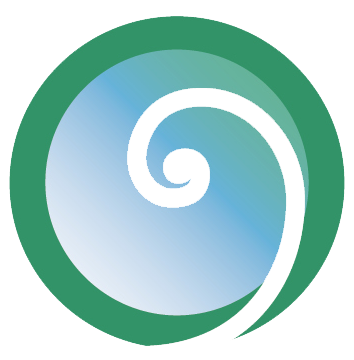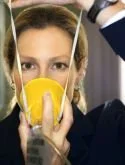At A Time Like This
Be softer with you. You are a breathing thing, a memory to someone, a home to a life. -- Nayyirah Waheed
This is a good week to know the Alexander Technique. Reeling from the worst mass shooting in our history (not counting incidents of sanctioned genocide) and the attack on our LGTBQ brothers and sisters, we are presented with an excellent opportunity to practice mindfulness, to cultivate awareness of life just as it is, without fixing or changing it, without needing it to be different in any way than exactly how it is.
This is important, because when violence and injustice thrust their way into our collective lives -- and this seems to be happening with alarming regularity now -- we want to lash out or shut down or tighten up or collapse in a heap. Sometimes all at once. But the Alexander Technique teaches how to pause; to stop whatever impulse wants to be acted upon and just notice, simply be with whatever is arising. Perhaps the impulse will be acted upon anyway, maybe it's the right course of action, whatever it is. The stopping and noticing is what matters, however. Stop resisting, stop managing, stop being pushed around by your reactivity. **
Now, I'm not saying that we passively accept the horrors that surround us as in any way inevitable. We can unlearn our violent ways, just as we can unlearn poor postural habits. But change happens most effectively from a clear place, a place of power with rather than power over, from groups of individuals who can act in the present moment, together in unity. An intention to meet life on life's terms, moment to moment, is a prerequisite for that power and clarity.
This is radical self-care: pausing to ask, "How is it with me right now? What do I need? What will help me replenish?" At a time like this, many people rush into trying to rescue others, wanting to comfort and care for the wounded and hurting. This is usually well-intentioned, and the body-mind will tolerate it temporarily, but day after day, unless self-care is primary, depletion and burnout are the result.
Luckily, pausing to do a self check-in takes virtually no time, and the ways to care for the self can be simple and easy:
- slowly sip a cup of your favorite coffee or tea while doing absolutely nothing else;
- lie down in constructive rest for 5 or 10 minutes;
- walk and/or sit in nature while doing absolutely nothing else;
- call a trusted friend and share one true thing you are feeling;
- take a break from social media and other technology-based activities;
- sit comfortably and just breathe;
- rub your palms together vigorously until you feel some heat, then place your palms over your eyes, let the heat melt away the tension;
- turn toward your feelings of vulnerability and honor them.
Self-care is primary. That means it comes first, always. It's not indulgent or selfish, it's not "extra" or a luxury, it is not something to get around to eventually, when you get those other people and tasks taken care of. It is the difference between serving a community with love and strength and becoming a burden to someone yourself.
Put your own oxygen mask on first, people.
Alexander lessons offer a way to learn and practice the pause and the awareness, to unlearn the reactivity. There is also therapeutic value. When you come for a lesson all twisted up with grief, sorrow, anger, fear, confusion, and all that jazz, you find relief. It's a relief to drop that for a little while and just be present for what is, as it is.
Sometimes (un)learning is too much and all you want is the tender loving care. That's what Somatic Release is all about. Less participation and more pure letting go and being cared for.
You certainly deserve it. The world needs it. We need us well.



